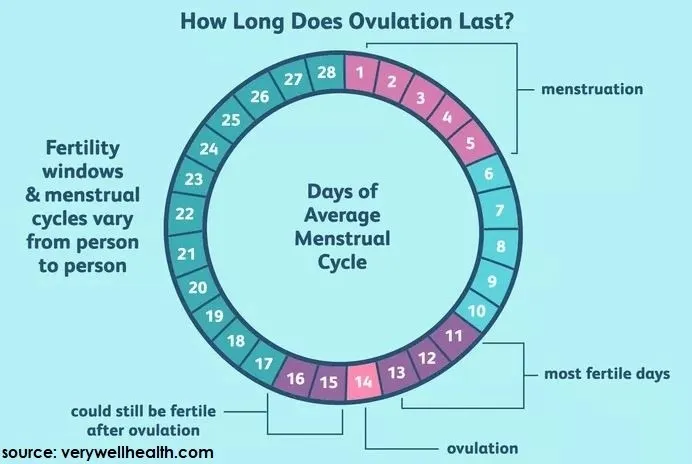Most couples in Ahmedabad are looking to conceive their first child. However, they are not aware of when they should time their sexual activity. They take this unawareness as a sign of infertility and visit an infertility hospital in Ahmedabad.
However, after consulting specialists, they realize that they are just not timing their sexual activity properly.
When it comes to conceiving a child, the timing of sexual activity is critical. Every month, women are fertile for just a few days. They have fewer chances of being pregnant if they have unprotected sexual intercourse at any other time. The timing depends on the length of a woman’s menstrual cycle.
What is the fertility window?

The egg will only be fertilized in the next 24 hours after a woman ovulates. Sperm, on the other hand, will live in a woman’s body for up to six days. As a result, a woman’s fertile cycle starts 6 days before ovulation and ends the day after ovulation.
This means that if the couple engages in unprotected sexual activity three days before the woman ovulates, she has a chance of becoming pregnant. If they have sexual contact four days after she ovulates, the chances of pregnancy are minimal.
Methods used to check fertile periods
Testing fertile cycles can be done in a variety of ways, including the following:
Calculators for ovulation
Ovulation dates can be easily determined for women who have daily menstrual cycles. Ovulation usually happens 14 days before a cycle begins. If your period lasts 28 days, you can ovulate on day 14. This count starts on the first day of your period. Ovulation occurs 14 days before a period, regardless of whether the duration is shorter or longer than 28 days.
Women that have shorter cycles and longer periods have a smaller fertility window. For example, if a woman’s cycle lasts 24 days and she bleeds for 8 days, she only has two days after her cycles to become pregnant. It’s important to remember that even if the couple engages in unprotected sexual activity while the woman is on her period, she could become pregnant.
Cervical mucus changes
Just before ovulation, the body produces the most cervical mucus. It is because this mucus facilitates sperm passage through the cervix and fertilization of the egg. The mucus is dense, cloudy, and creamy at this stage of the menstrual cycle but not sticky.
Wipe your vaginal region with a piece of toilet paper to search for cervical mucus. Some women’s cervical mucus is thick enough to stain their underwear.
Changes in basal temperature
The temperature of the body at rest is referred to as basal body temperature. It should be taken shortly after waking up before there has been too much activity. A very old form of fertility awareness is basal body temperature charting.
To test basal temperature, you will need a special thermometer. The normal basal temperature ranges between 96 – 98 degrees Fahrenheit. On the other hand, when a woman ovulates, her basal temperature rises to 97-99 degrees Fahrenheit.
You can take your basal temperature every morning and make a chart with the data to measure your fertility window. You will find a trend quickly. If you want to become pregnancy, schedule your sexual activity just before your basal temperature rises.
Now that you know how to check for your fertile periods, you can time your sexual activity accordingly.

